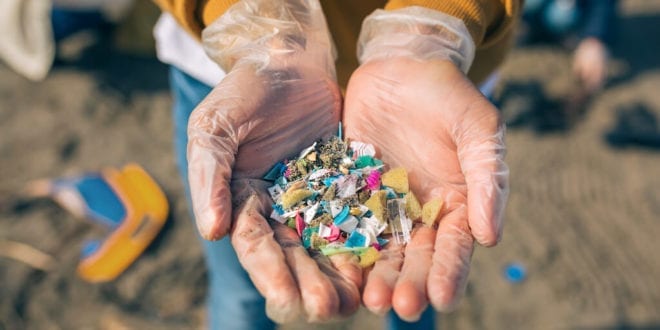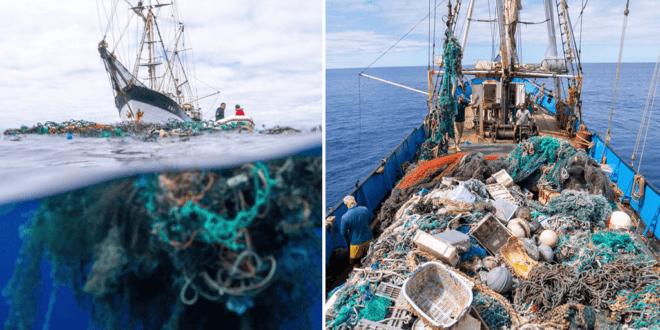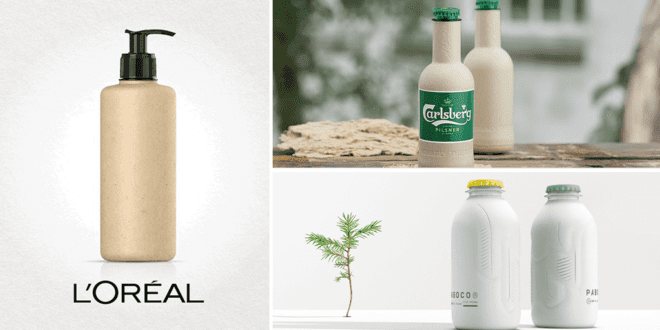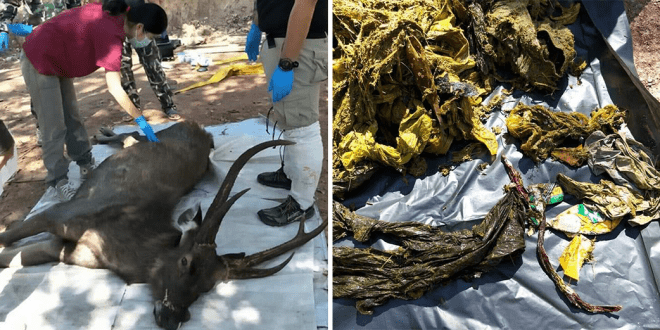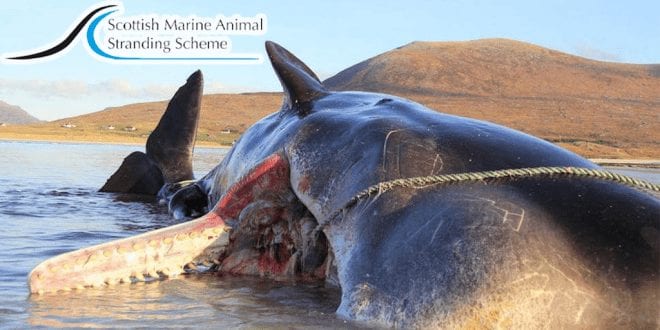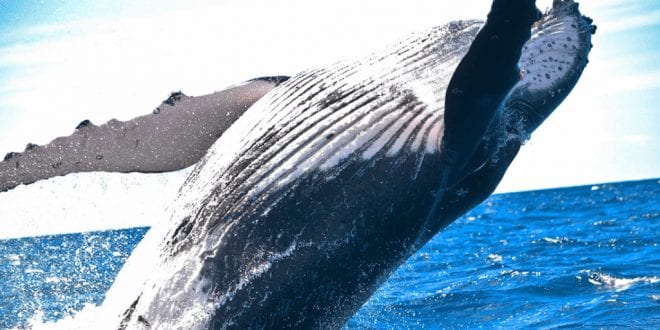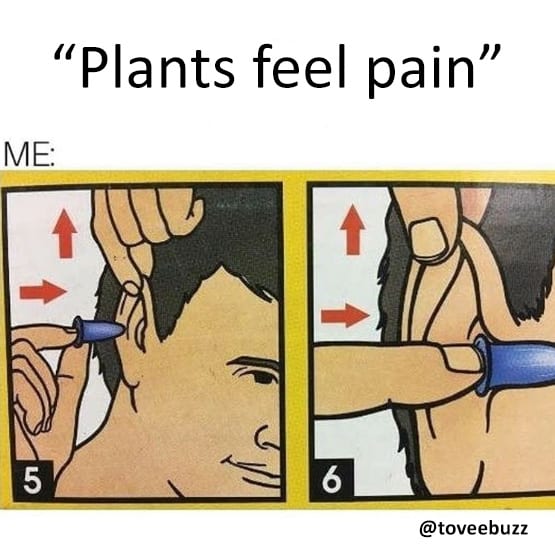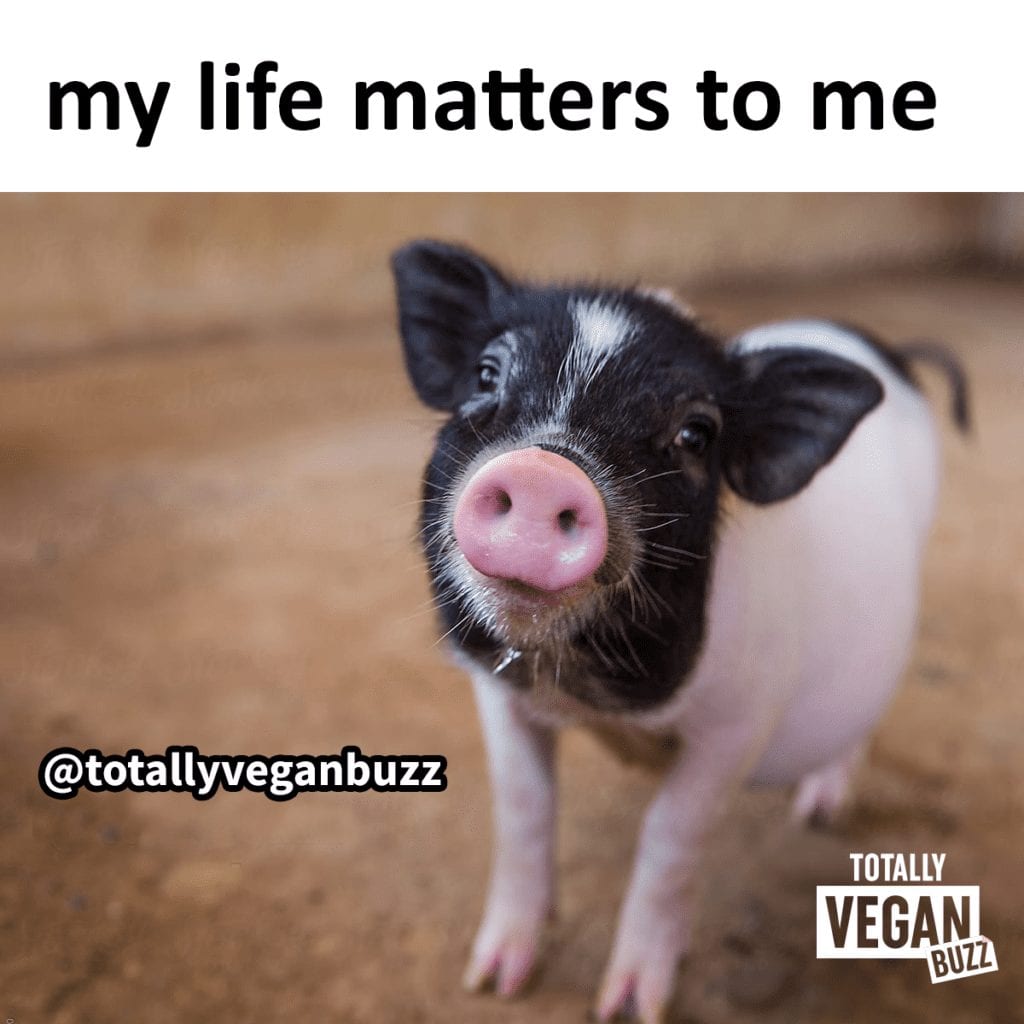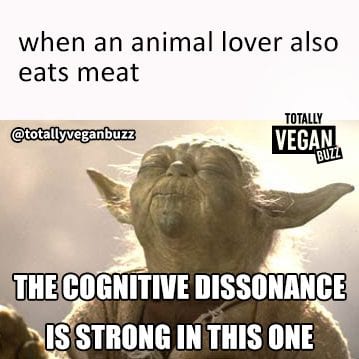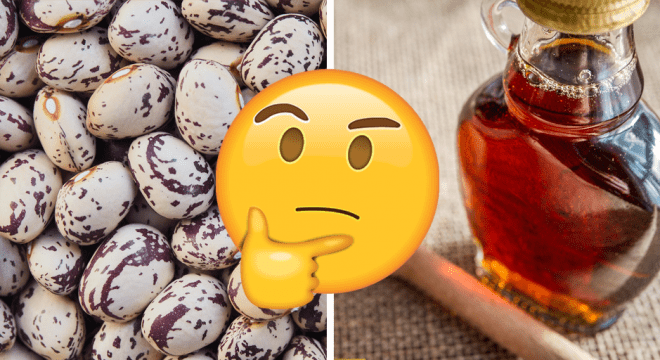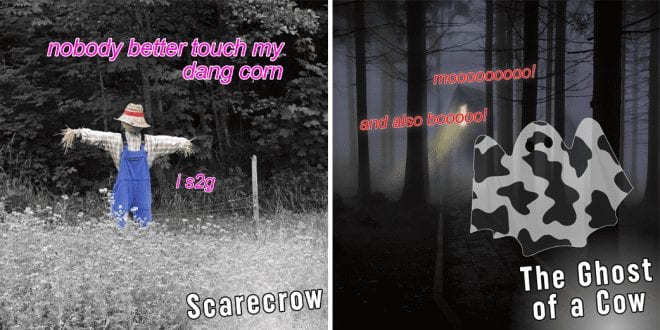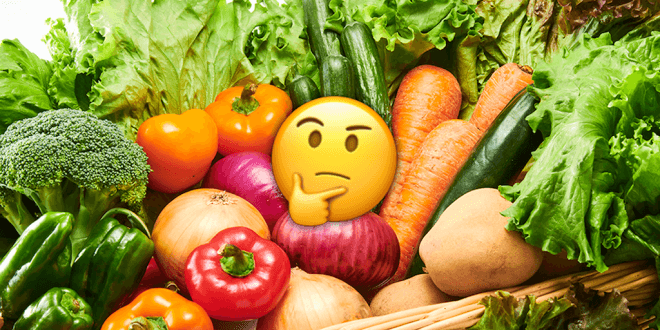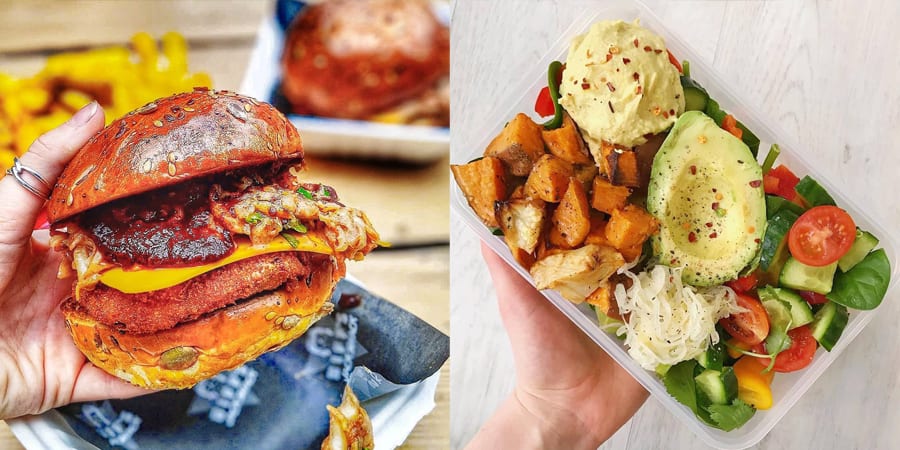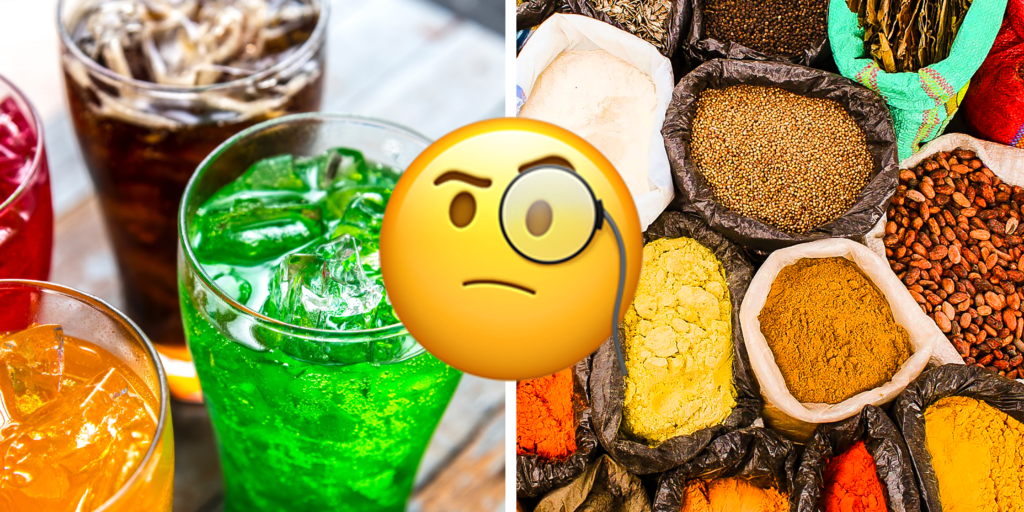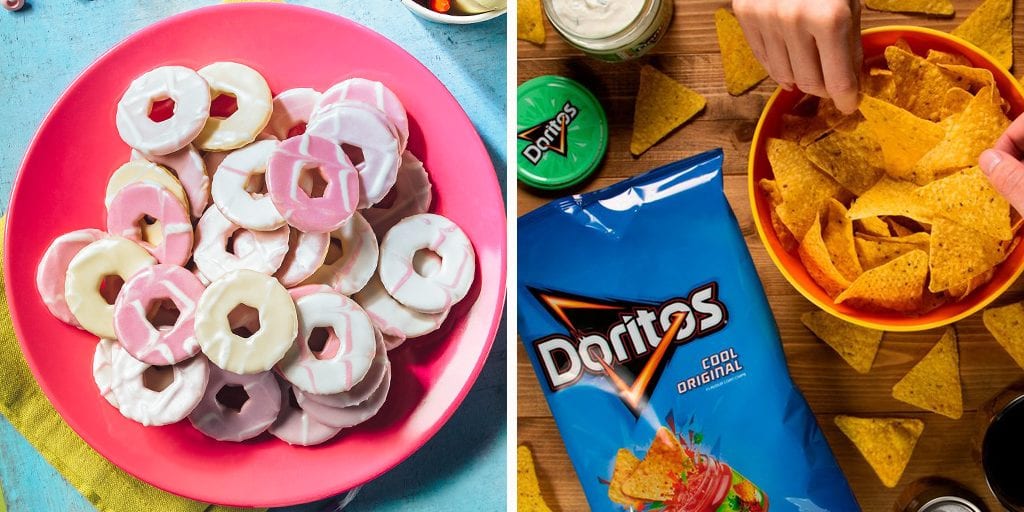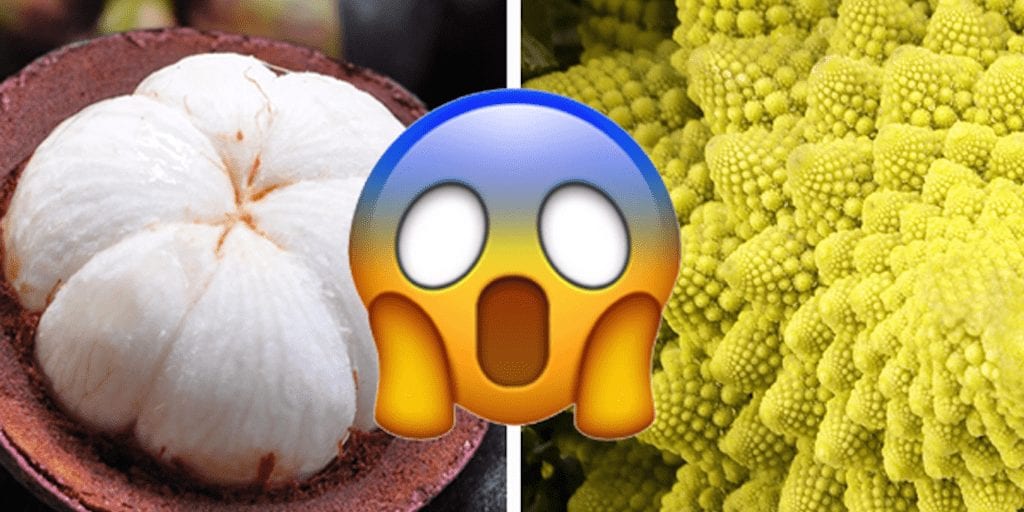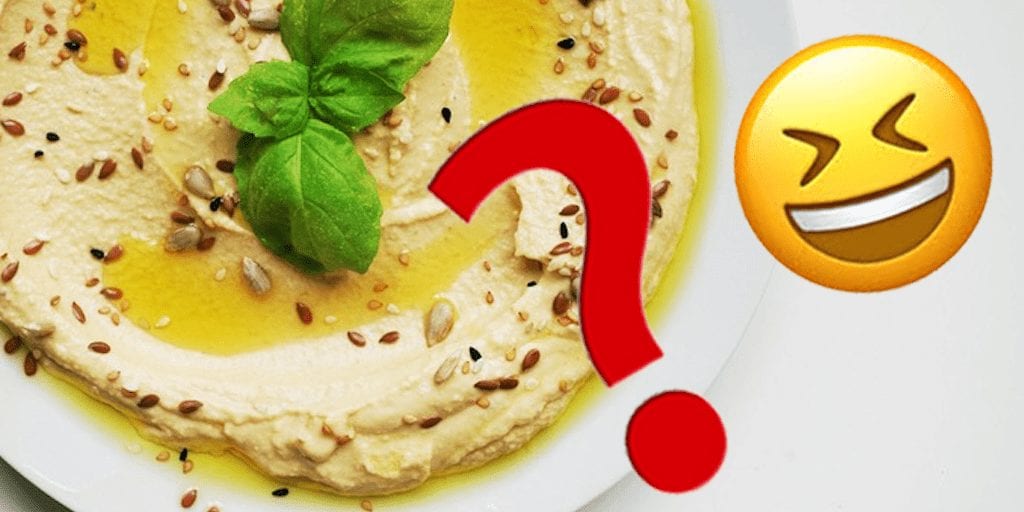
‘Considering an average serving, a seafood eater could be exposed to up to 30mg of plastic – equivalent to the average weight of a grain of rice’
A recent Australian study has found plastic in all samples of popularly consumed seafood including crabs, oysters, farmed tiger prawns, wild squid and wild sardines.
The study led by the University of Exeter and the University of Queensland and published in the journal Environmental Science & Technology analyzed seafood samples for five different kinds of plastics commonly used in packaging and typically found in marine litter.
According to the release, researchers found trace levels of plastic contamination in each sample, with the highest amount found in sardines.
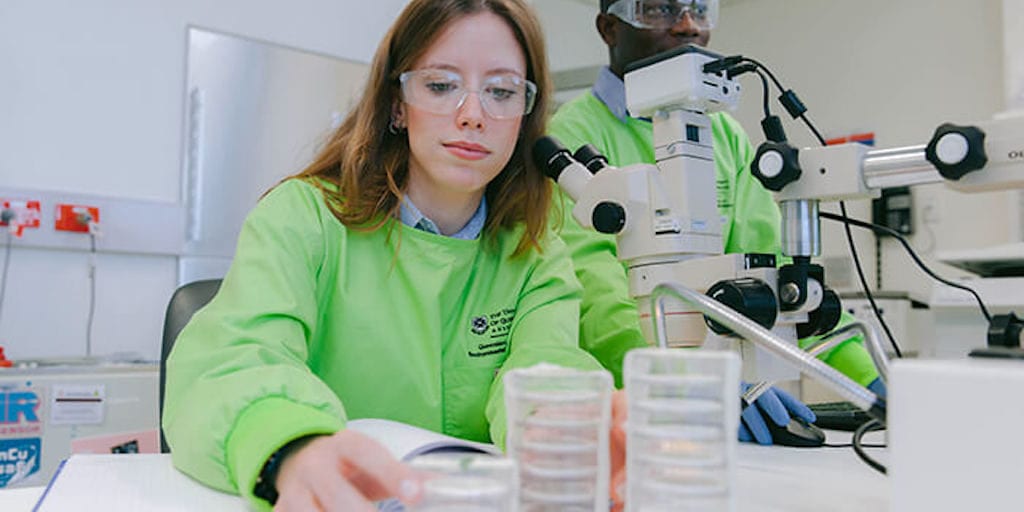
Study findings
A new technique, which involves using chemicals to dissolve the plastic from the edible tissue and analysed in a machine to determine the type of plastic helped the team identify and measure the level of plastic within the tissues of each sample.
While polyvinyl chloride- a widely used synthetic plastic polymer was found in each sample, polyethylene-the world’s most common plastic was found in the highest concentration.
The amount of plastic found in each sample was: 0.04mgs in squid, 0.07mgs in prawns, 0.1mg in oysters, 0.3mgs in crabs and 2.9mgs in sardines.
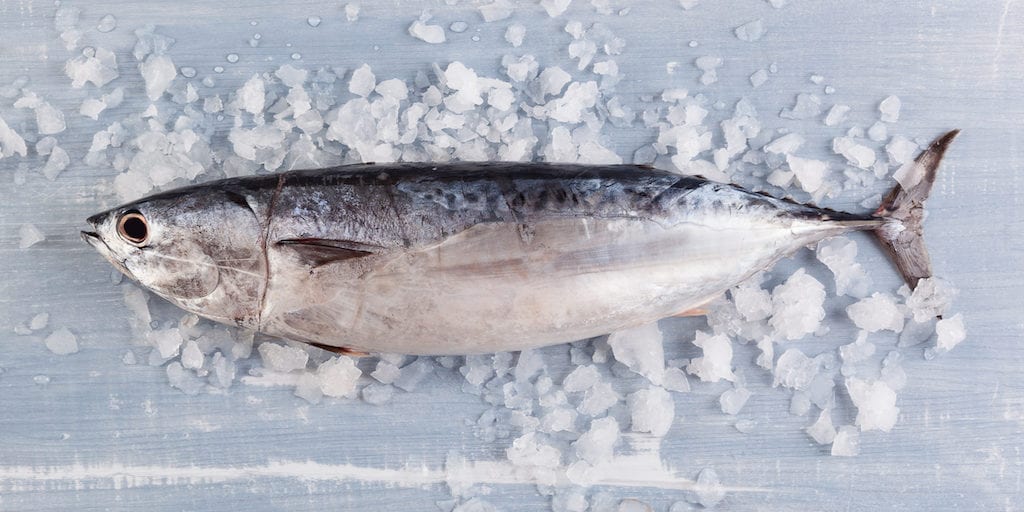
‘Weight of a grain of rice’
The study further discussed how plastic frequently found in waterways and oceans is broken down to microplastics and eaten by these marine creatures eventually ending up on our plates.
Francisca Ribeiro, the lead author of the study, said in a UQ press release: “Considering an average serving, a seafood eater could be exposed to approximately 0.7mg of plastic when ingesting an average serving of oysters or squid, and up to 30mg of plastic when eating sardines, respectively.
“For comparison, 30mg is the average weight of a grain of rice.”
The study pointed out that microplastic ingestion is not restricted to eating seafood only, and can occur from bottled water, sea salt, beer and honey, as well as the dust that settles on our meals.
‘Risks to human health’
While the study does not shed light on the implication of eating this plastic laden seafood, the research team said the new testing method will help in determining what microplastic levels can be considered harmful and evaluating the possible risks of ingesting microplastics in food.
“We do not fully understand the risks to human health of ingesting plastic, but this new method will make it easier for us to find out,” study co-author, Tamara Galloway said.
The study’s findings are meaningful in light of another recent research presented at the American Chemical Society (ACS) Fall 2020 Virtual Meeting, which showed that microscopic bits of plastic can be absorbed and deposited in human tissue.
“You can find plastics contaminating the environment at virtually every location on the globe and in a few short decades, we’ve gone from seeing plastic as a wonderful benefit to considering it a threat,” study co-author Charles Rolsky from Arizona State University (ASU) said.
“There’s evidence that plastic is making its way into our bodies, but very few studies have looked for it there,” he added.
Share this story to let others know about the hazardous effects of microplastic pollution.
About The Author
Lifestyle
Vegan culture, food, beauty & more
Is Tobey Maguire vegan? Here’s what we know
- Mohsina Dodhiya
- 17th August 2023
Tobey Maguire often speaks about veganism and animal issues. Tobey Maguire, the actor best known for playing Spider-Man in the Sam Raimi trilogy, is a vegan. He has been a vegetarian since 1992 and became a vegan in 2009. A lifelong commitment to animal rights Maguire’s decision to go vegan was motivated by his love …
Continue reading “Is Tobey Maguire vegan? Here’s what we know”
Plant-based food jobs surge with 32% growth in just 3 months
- Mohsina Dodhiya
- 17th August 2023
The number of open jobs advertised in the plant-based industry increased by almost a third from April to July 2023, GlobalData reported. The plant-based food industry is booming, and this is reflected in the number of job openings in the sector. According to data from GlobalData, the number of open jobs advertised in the plant-based …
Continue reading “Plant-based food jobs surge with 32% growth in just 3 months”
VEGAN MEMES
NEED A LAUGH?
QUIZZES
All the quizzes you love to binge!
QUIZ: If you score 11/12 on this quiz, you’re a verified vegan food expert
- Marlon Farrugia
- 10th January 2020
How much vegan knowledge do you have stored away? Do you have to Google your way through a shopping trip, or do you have all the bad E-numbers memorised? Find out now with this quiz.
QUIZ: What is your perfect Vegan Halloween Costume?
- Marlon Farrugia
- 13th October 2019
Spook Season approaches. There will be ghosts, goblins, ghouls, and glucose. You need a costume, and you want to it to show off your personality, which means VEGAN. But what to choose? Take our quiz to find out your perfect outfit.
QUIZ: What kind of vegetable are you?
- Marlon Farrugia
- 26th September 2019
“If you were a vegetable, what kind would you be?” A question that has tormented humanity throughout the ages – until now. Read: QUIZ: If you score 19/20 on THIS quiz, you’re a Vegan God

